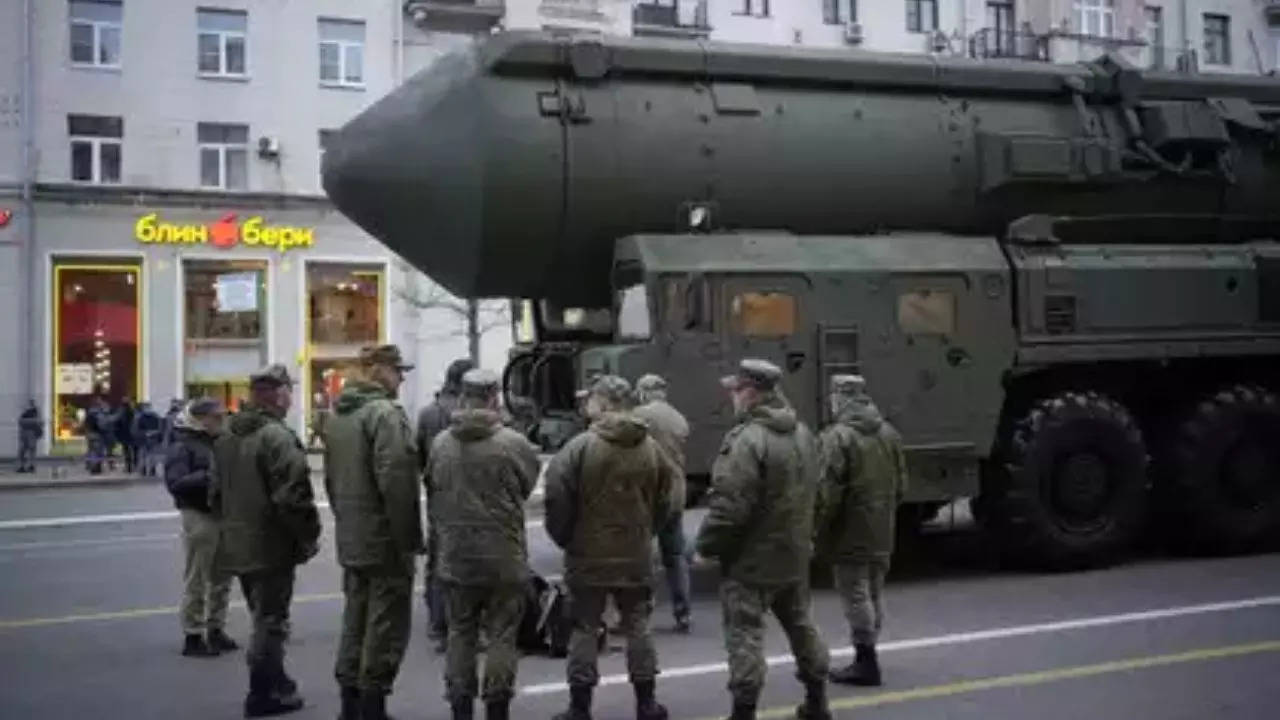After the disintegration of the Soviet Union, Ukraine found itself in possession of a substantial nuclear arsenal. However, due to financial constraints and geopolitical concerns, Ukraine made the decision to surrender its nuclear weapons. The 1994 Budapest Memorandum provided security assurances to Ukraine, but these guarantees were called into question when Russia annexed Crimea and backed separatist movements within Ukraine. The current conflict between Russia and Ukraine underscores the vulnerabilities faced by Ukraine in the absence of nuclear deterrence. The decision to denuclearize has left Ukraine exposed to external threats, raising concerns about its national security. The ongoing tensions between the two countries serve as a stark reminder of the complex geopolitical dynamics at play in the region. Ukraine’s nuclear disarmament has had far-reaching implications for its security posture, as it navigates a precarious geopolitical landscape. The lack of nuclear weapons has left Ukraine reliant on diplomatic and military support from allies to ensure its sovereignty and territorial integrity. The situation serves as a cautionary tale for other countries considering relinquishing their nuclear capabilities in exchange for promises of security. The events unfolding in Ukraine underscore the importance of strategic decision-making in matters of national security and the long-term consequences of such choices.

Posted in
JUST IN
Ukraine’s Nuclear Legacy: From Disarmament to Vulnerability in Russia-Ukraine Conflict
In Trend

“Indian startup Zolve raises $15 million in funding to expand cross-border banking services”




















